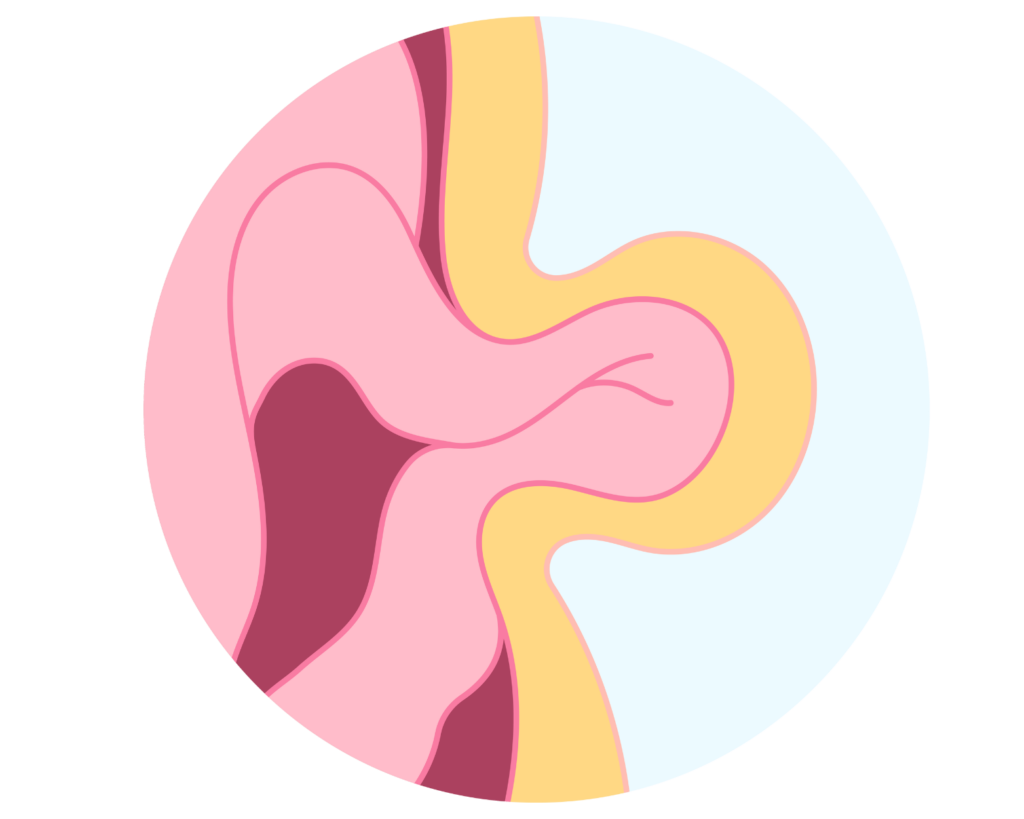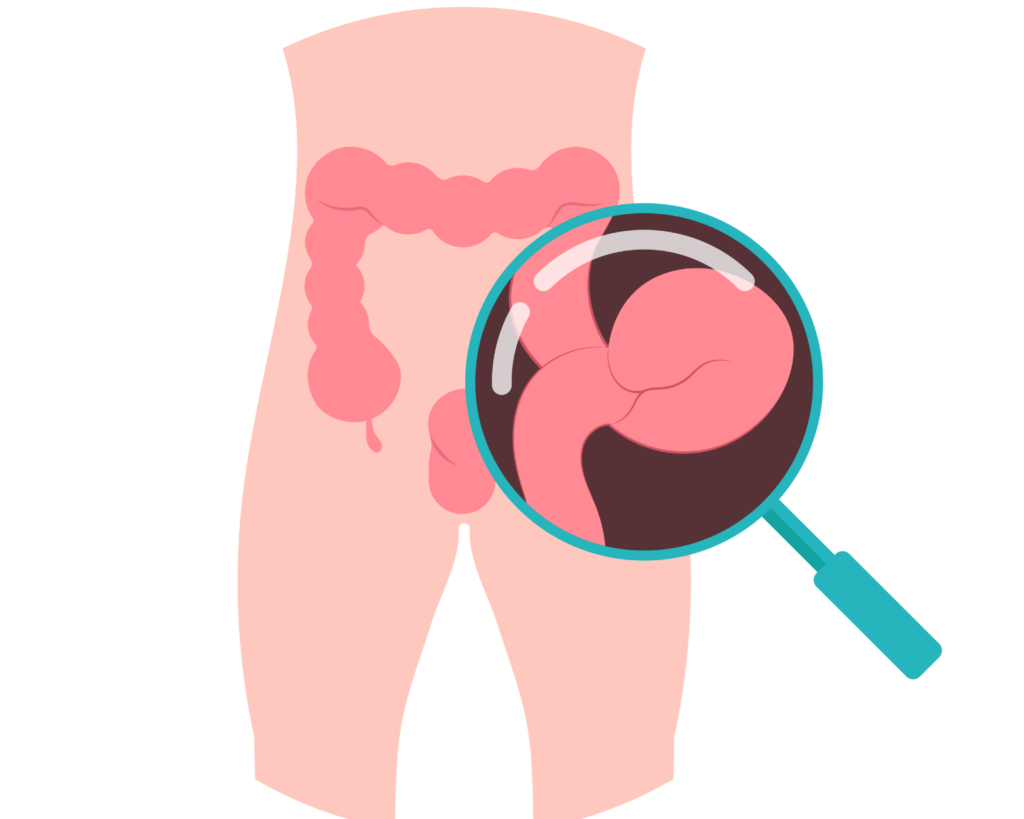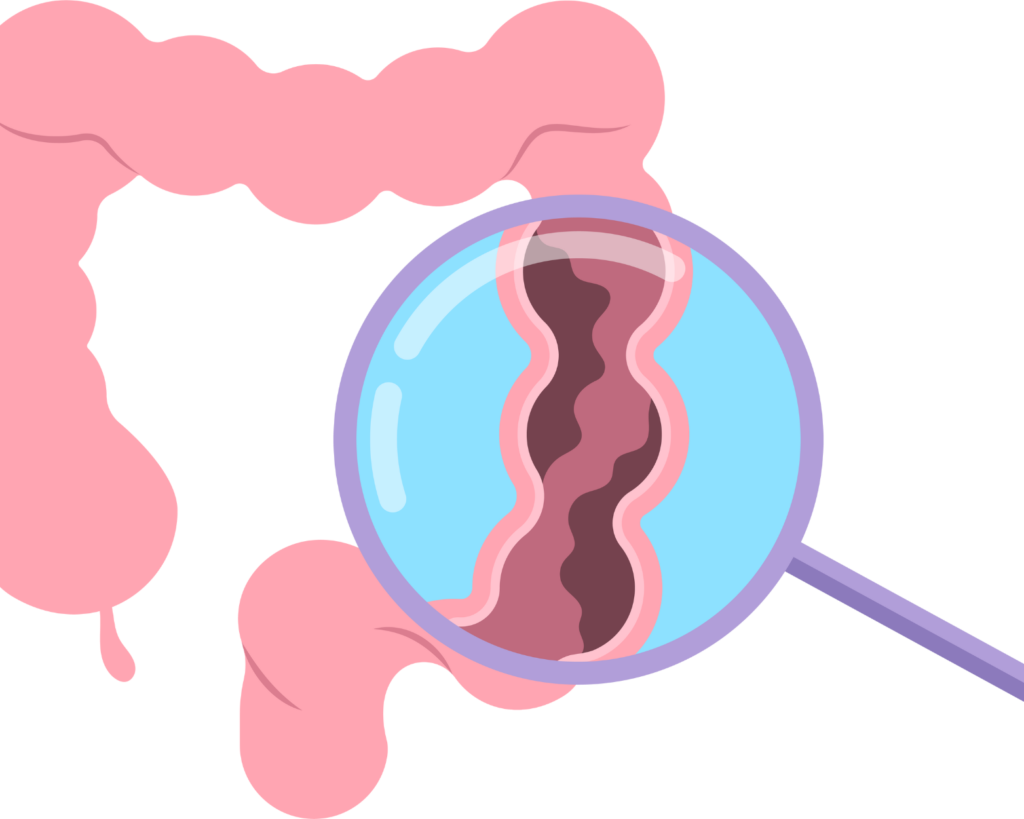Hernia Treatment

Hernia
At Shivam Nursing Home, managed by MedRev, we provide expert care for hernias. A hernia happens when an organ pushes through a weak spot in muscles. Our skilled team offers compassionate treatment, including surgery if needed. Trust us for a caring approach to help you recover and prevent complications. Your well-being is our priority at Shivam Nursing Home, where MedRev’s dedicated management ensures first class healthcare in a friendly environment.
What is Hernia ?
At Shivam Nursing Home, managed by MedRev, we provide expert care for hernias. A hernia happens when an organ pushes through a weak spot in muscles. Our skilled team offers compassionate treatment, including surgery if needed. Trust us for a caring approach to help you recover and prevent complications. Your well-being is our priority at Shivam Nursing Home, where MedRev’s dedicated management ensures first class healthcare in a friendly environment.

What Are The Types of Hernias?
Hernias come in different forms, each with its own causes and symptoms. Understanding these variations is essential for early identification and appropriate management. If you notice any of these symptoms, consulting shivam nursing home is advisable for proper evaluation and guidance.
a. Inguinal Hernia
Causes :
Inguinal hernias often occur when the muscles in the abdominal wall weaken. This can happen due to factors like aging, genetic predisposition, or excessive strain on the abdominal area.
Symptoms :
- Bulge or lump in the groin area
- Discomfort or pain, especially during activities or straining
- Swelling or tenderness around the bulge
b. Ventral Hernia
Causes :
Ventral hernias result from a weakening or separation of the abdominal muscles. Surgical scars or pregnancies can contribute to this weakening, creating an opening for tissues to protrude.
Symptoms :
- Ventral hernias result from a weakening or separation of the abdominal muscles. Surgical scars or pregnancies can contribute to this weakening, creating an opening for tissues to protrude.
c. Hiatal Hernia
Causes :
Hiatal hernias occur when the stomach pushes through the diaphragm into the chest cavity. Factors like age, obesity, and persistent pressure on the abdomen can play a role.
Symptoms :
Hiatal hernias occur when the stomach pushes through the diaphragm into the chest cavity. Factors like age, obesity, and persistent pressure on the abdomen can play a role.
d. Umbilical Hernia
Causes :
Umbilical hernias often happen when the muscles around the navel don’t close properly. While common in infants, they can persist into adulthood.
Symptoms :
- Bulge near the navel
- Pain or tenderness at the hernia site
- Changes in the size of the bulge
What Are The Common Causes of Hernias?
Understanding why hernias happen is important. Let’s look at the common reasons:
- Weakness in Abdominal Muscles : When the muscles in your belly aren’t as strong as they should be, it creates a vulnerability. Imagine these muscles like a wall; if there’s a weak spot, things behind it can push through, causing a hernia.
- Increased Intra-abdominal Pressure : Picture your belly as a balloon. If there’s too much pressure inside—maybe from lifting heavy things, persistent coughing, or constipation—it can strain the muscles.
- Genetics and Family History : Sometimes, hernias can run in families. If your parents or close relatives had hernias, there might be a genetic link. It’s like passing down a tendency to have weaker abdominal muscles, making you more prone to hernias.

Diagnosis Of Hernias ?
- Physical Examination : Your doctor will start by checking your body. They may ask you to stand, sit, or cough while they feel and look for any unusual bulges. This hands-on approach helps them understand if there’s a hernia and its size.
- Imaging Tests (Ultrasound, CT Scan, etc.) : When a physical examination doesn’t provide a complete picture, doctors use advanced tools to look inside your body more closely.
- Surgical Intervention : When hernias become more problematic or symptomatic, surgical intervention may be recommended. There are different surgical approaches, each with its own benefits.
How We Treat Hernia In Our Hospital?
When it comes to dealing with hernias, there are various approaches aimed at managing symptoms and preventing complications. Let’s explore the available treatment options:
- Watching waiting : Sometimes, especially with smaller hernias that aren’t causing significant issues, the doctor might recommend watchful waiting. This means keeping an eye on the hernia and monitoring any changes over time. It doesn’t involve immediate intervention but requires regular check-ups to ensure the hernia isn’t worsening.
- Lifestyle and Dietry Changes : For individuals with hernias, certain lifestyle adjustments can make a positive impact. Maintaining a healthy weight through diet and exercise is crucial, as excess weight can increase intra-abdominal pressure. Avoiding activities that strain the abdominal muscles and adopting proper lifting techniques can also contribute to symptom management.
- Surgical Intervention : When hernias become more problematic or symptomatic, surgical intervention may be recommended.
Open Hernia Repair : In this traditional method, the surgeon makes a single, larger incision near the hernia site to push the bulging tissue back into place and reinforce the weakened muscle. Commonly used for larger hernias or those requiring a more direct approach.
- Laparscopic Hernia Repair : A minimally invasive technique involving small incisions and a tiny camera (laparoscope). The surgeon uses specialized tools to repair the hernia with less impact on surrounding tissues. Faster recovery, less postoperative pain, and smaller scars.
- Hernia Mesh Implants : Mesh, a synthetic or biological material, is used to reinforce the weakened area and provide additional support to prevent the hernia from recurring.Reduces the risk of hernia recurrence, supports tissue healing, and often allows for less invasive laparoscopic procedures.
Recovery and Postoperative Care
- Lifestyle changes to Reduce Hernia Risk :
To prevent hernias, try simple lifestyle changes. Keep a healthy weight by eating balanced meals and moving around. Avoid heavy lifting and sit or stand up straight. These small changes can protect your tummy muscles.
- Importance of Regular Exercise :
Exercise regularly to keep your tummy strong. Walk, swim, or do gentle exercises to make your muscles strong. Start slowly and do a little more each day. This helps a lot in preventing hernias and keeps you healthy.
- Dietary Recommendations :
Eat good food to keep your tummy happy. Eat fruits, veggies, and lean proteins. Drink enough water and avoid heavy or spicy foods. This helps your digestion and reduces the chance of getting hernias.
Conclusion
At Shivam Nursing Home, managed by MedRev, we really care about you and your hernia. We make sure you get the best treatment and support from our friendly team. From finding out what’s wrong to helping you feel better, we’re here for you. Your health is super important to us, and we do our best to make sure you’re comfortable and happy. Trust us at Shivam Nursing Home – we’re like a friendly helper on your journey to feeling better. We’re always here for you, taking good care every step of the way.


